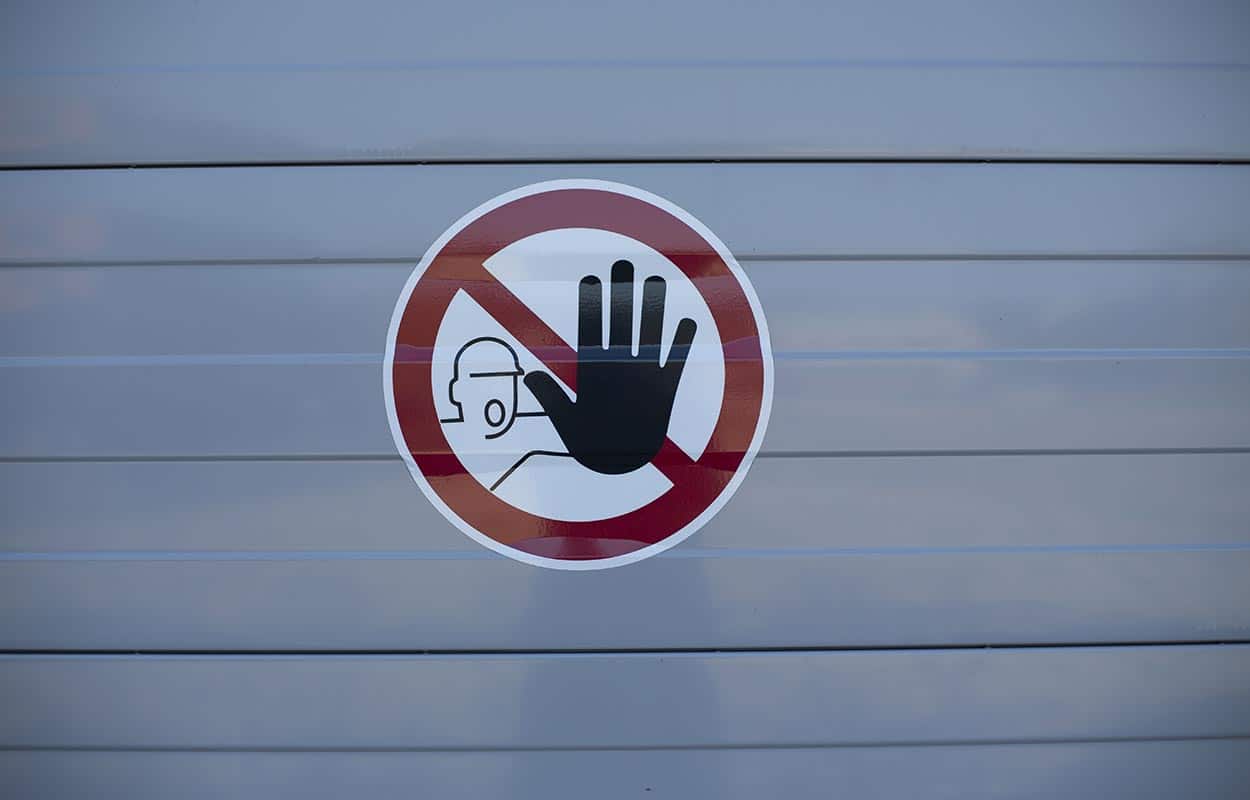Understanding the HALT Acronym in Addiction Recovery

Key Points
- HALT is a self-assessment tool that stands for Hungry, Angry, Lonely, and Tired, helping individuals in recovery monitor their physical and emotional states.
- Regular HALT check-ins foster self-awareness and help identify triggers before they lead to cravings or relapse.
- Each component of HALT addresses a specific vulnerability that can compromise decision-making and increase relapse risk.
- Practical daily strategies for managing hunger, anger, loneliness, and tiredness can significantly strengthen recovery outcomes.
Recovery from addiction requires ongoing attention to both physical and emotional wellness. One of the most valuable tools for maintaining sobriety is the HALT acronym, a simple yet powerful self-check system that encourages individuals to pause and assess their current state. HALT stands for Hungry, Angry, Lonely, and Tired, four basic conditions that, when left unaddressed, can significantly increase vulnerability to relapse.
Understanding what is meant by HALT provides a framework for recognizing when you might be at risk. By regularly asking yourself whether you are experiencing any of these four states, you create opportunities to address needs before they escalate into cravings or destructive behaviors. This proactive approach helps build the self-awareness that is often diminished during active addiction and must be deliberately cultivated in recovery.
Throughout this article, you will learn the specific meaning of each HALT component, discover how to use this acronym to identify your personal triggers, and explore practical strategies for incorporating HALT into your daily life.
What Does the HALT Acronym Stand For?
The HALT acronym meaning encompasses four fundamental states that can compromise your judgment and emotional stability. Each letter represents a specific condition that deserves your attention.
Hunger refers to physical hunger or nutritional deficiencies that affect your body and mind. When you skip meals or fail to nourish yourself properly, blood sugar levels can drop [1], leading to irritability, poor concentration, and increased vulnerability to cravings. Hunger impairs your ability to think clearly and makes it harder to resist impulses.
Anger is a normal human emotion, but when left unmanaged, it can become destructive. In recovery, unresolved anger often stems from resentments, frustrations, or feeling misunderstood. This emotion can cloud your judgment and drive you toward familiar but unhealthy coping mechanisms [1].
Lonely describes feelings of isolation, disconnection, or depression. Loneliness can be particularly challenging in recovery, especially if relationships were damaged during active addiction. The desire to escape these painful feelings [2] may push individuals back toward substance use.
Tired reflects physical or emotional exhaustion that diminishes your self-control and resilience. Fatigue affects decision-making capacity [3] and makes everything feel more overwhelming. When you are tired, your ability to cope with stress decreases dramatically.
What does acronym HALT stand for at its core? It represents the balance between physical needs (hunger and tiredness) and emotional needs (anger and loneliness). Both dimensions are equally important in maintaining your recovery.

Why HALT? The Importance of Checking Basic Needs
The HALT framework exists because unmet basic needs create vulnerability. When you are too hungry, angry, lonely, or tired, you become susceptible to temptations that might otherwise be manageable. These states lower your defenses [4] and make it harder to access the coping skills you have learned in treatment.
Regular self-check-ins help you identify when your emotions or physical states are driving negative thoughts or behaviors. During active addiction, awareness of internal states often becomes blurred. In recovery, you must relearn how to recognize and respond to these signals appropriately.
HALT fosters the self-awareness that becomes your greatest asset in preventing relapse. By developing the habit of pausing throughout your day to assess your condition, you interrupt automatic patterns of behavior. This pause creates space for conscious choice. Instead of reacting impulsively to discomfort, you can identify what you truly need and take steps to address it in healthy ways.
How to Use HALT: Identifying and Managing Triggers
Implementing HALT in your daily life requires commitment and practice. Begin by setting specific check-in times throughout your day. Some people find it helpful to pause hourly, while others prefer three or four designated times. During each check-in, ask yourself four simple questions: Am I hungry? Am I angry? Am I lonely? Am I tired?
Keeping a journal or using a smartphone app to log your HALT assessments can reveal patterns over time. You might notice that loneliness tends to spike in the evenings, or that anger builds up after certain types of interactions. Recognizing these patterns helps you anticipate when cravings are most likely to occur.
When you identify that one of the HALT states is present, take immediate action. If you are hungry, eat a balanced snack. If you are angry, practice a calming technique. If you are lonely, reach out to someone in your support network. If you are tired, rest or adjust your schedule to prioritize sleep.
Discussing your HALT check-ins with a therapist or support group adds another layer of accountability. Your treatment team can help you develop personalized strategies for addressing each HALT component based on your unique needs.
Practical Strategies for Applying HALT in Daily Life
Hunger
Maintaining stable blood sugar through regular, balanced meals prevents the irritability and poor judgment that accompany hunger. Plan your meals in advance and set reminders if you tend to skip eating when busy or stressed. Carry nutritious snacks like nuts, fruit, or protein bars so you always have something available. Hydration is equally important. Drink water consistently throughout the day, aiming for at least eight glasses.
Anger
Managing anger requires both immediate techniques and longer-term work. Deep breathing exercises can quickly calm your nervous system. Try inhaling slowly for four counts, holding for four counts, and exhaling for four counts. Journaling provides an outlet for processing angry feelings without directing them at others. Cognitive behavioral strategies help you reframe situations that trigger anger, and working with a therapist can help you address deeper resentments.
Loneliness
Building a sober support network takes time and intention. Attend support group meetings regularly, even when you do not feel particularly lonely. Schedule regular social interactions rather than waiting until loneliness becomes overwhelming. Technology can bridge gaps when in-person contact is not possible through video calls, text exchanges, and online support communities.
Tiredness
Establishing a consistent sleep routine is one of the most important things you can do for your recovery. Go to bed and wake up at the same time each day, including weekends. Create an environment that promotes rest by keeping your bedroom cool, dark, and quiet. Avoid caffeine in the afternoon and evening, and minimize screen time in the hour before bed.
HALT and the Role of Self-Awareness in Relapse Prevention
Self-awareness forms [5] the foundation of successful recovery. HALT cultivates this awareness by directing your attention inward multiple times each day. This regular practice strengthens your ability to notice subtle shifts in your physical and emotional state before they become overwhelming.
The self-awareness developed through HALT interrupts the automatic behaviors that characterize addiction. Complementary practices can deepen this awareness, including mindfulness meditation, regular therapy sessions, and journaling. However, self-awareness must be paired with proactive coping strategies. Knowing you are angry does not help unless you have tools for managing that anger constructively.
When to Seek Additional Support
While HALT is a powerful tool, some situations require more intensive support. Persistent cravings that do not respond to addressing HALT needs may indicate that deeper issues require attention. Severe mood swings, chronic isolation, or ongoing sleep problems warrant professional evaluation.
At Paramount Wellness, we provide comprehensive relapse prevention strategies that go beyond basic self-care tools. Our boutique residential treatment programs in Haddam, Connecticut, address the full spectrum of factors that influence recovery. We offer dual diagnosis treatment for individuals managing both addiction and mental health conditions. Our inpatient detox and rehabilitation services create a supportive environment where you can develop the skills and awareness needed for long-term success.
Conclusion
The HALT acronym offers a simple, memorable framework that empowers you to take charge of your recovery one check-in at a time. By regularly assessing whether you are hungry, angry, lonely, or tired, you build the self-awareness needed to recognize vulnerability before it leads to relapse. This tool reminds you that meeting basic physical and emotional needs is essential for maintaining sobriety.
Combining HALT with professional support, therapy, support groups, and other recovery practices creates a comprehensive approach to recovery. At Paramount Wellness, we understand that successful recovery requires attention to every dimension of your life. Our in-patient detox and residential treatment programs in Haddam, Connecticut, provide the guidance and support you need to develop lasting wellness. If you or someone you love is struggling with addiction, we invite you to reach out for personalized care.

